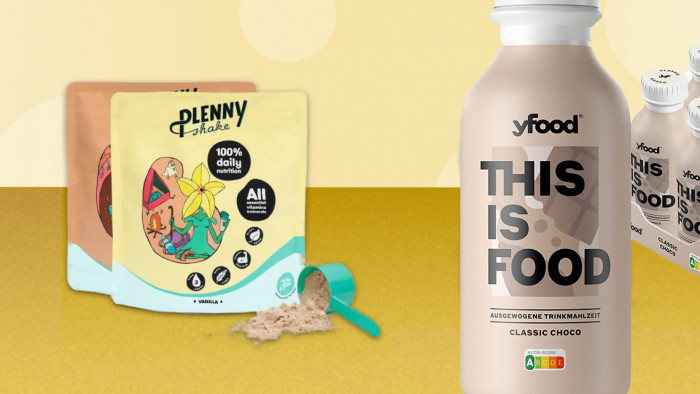You’ve rifled through your fair share of food trends over the last few years, trying to figure out if this one might just be the magic bullet to make you instantly healthy, cool or both.
Whether it’s plant proteins, pandan or even jellied eels, there’s always someone out there extolling the virtues of a new addition to your diet.
Well now there’s a new addition to get your head around – can it cut through and actually stick around in the public consciousness for more than just a few weeks?
Introducing moringa, which has been growing in popularity in part for its perceived health benefits.
Moringa is a type of tree most commonly found in the Indian subcontinent, though it has also been found growing elsewhere in the world.
And, when consumed, the edible parts – especially the vitamin-rich leaves – have been linked with improving the health of those who eat it.
According to a Phytotherapy Research study, reported on by The Independent, different parts of the plant can be used for different medicinal purposes, treating a variety of different diseases.
The leaves can be used to treat bronchitis and sore throats, for example, while the flower is believed to have the joint properties of treating muscle diseases and working as an aphrodisiac. No idea if the same property is responsible for both.

Moringa pods
“Moringa leaves have been reported to be a rich source of β-carotene, protein, vitamin C, calcium and potassium and act as a good source of natural antioxidants,” the study reads.
“Almost all the parts of this plant: root, bark, gum, leaf, fruit (pods), flowers, seed and seed oil have been used for various ailments in the indigenous medicine of South Asia, including the treatment of inflammation and infectious diseases along with cardiovascular, gastro-intestinal, hematological and hepatorenal disorders.”
You can already buy moringa powder from health food shops in the UK, while health enthusiasts have been sprinkling it onto food and adding it to green smoothies.
We can probably expect this trend to grow, but it’s been a slow-burner in terms of gaining in popularity so may well stick around for longer than some of its superfood predecessors.
(Images: iStock)
Latest


Best gifts for runners that they'll actually want and use


The best protein bars to fuel your workouts


Best meal replacement shakes we have tested this year
Related Reviews and Shortlists


The 45 best gins taste tested: great gins revealed






